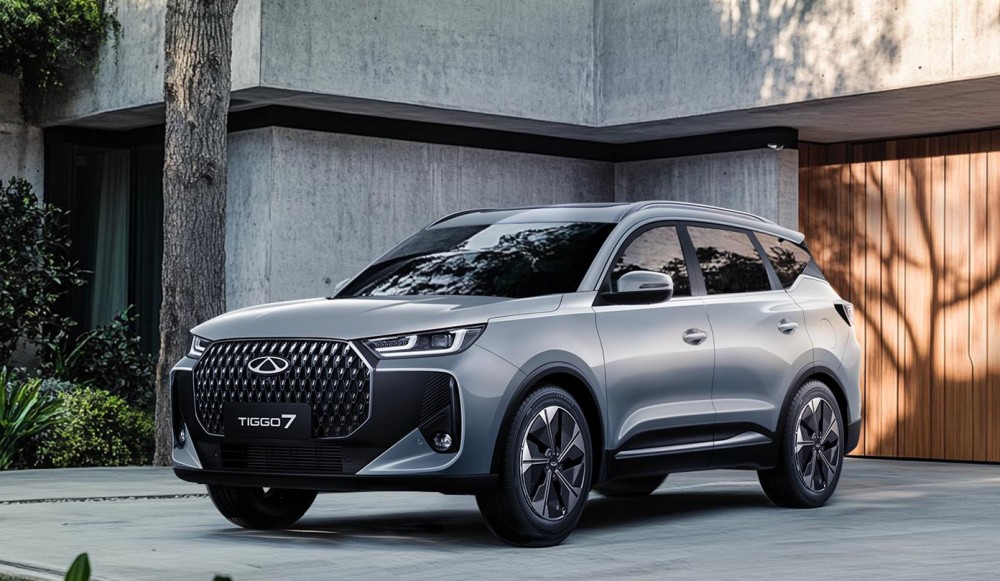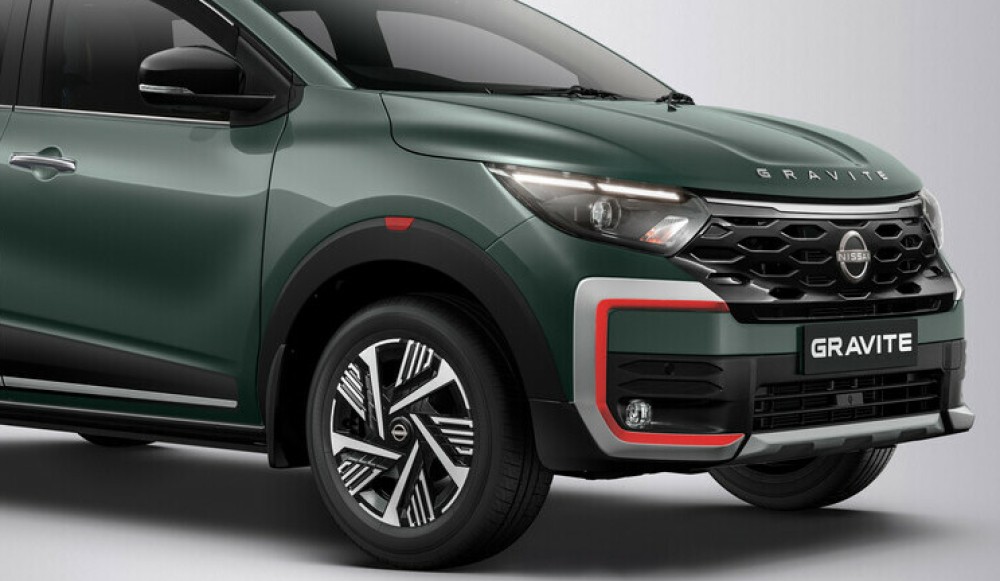In the world of #cars, the allure of a shiny new vehicle can be tempting, but savvy car buyers often find value in exploring the realm of pre-owned vehicles. While price is a significant factor in purchasing a used car, it's crucial to consider other aspects to ensure a wise investment.
Vehicle History
A crucial aspect for any discerning car buyer to examine is the vehicle's history. Obtaining a comprehensive vehicle history report can unveil essential details about the car's past, such as previous ownership records, documented accidents and any recalls the vehicle might have undergone.
This information is invaluable in assessing the car's overall reliability and pinpointing potential red flags that could affect its longevity or safety. For instance, knowledge of past accidents can indicate structural issues, while information about recalls can highlight recurring problems. Additionally, a thorough history report offers insights into the maintenance routine the car has undergone, which is a strong indicator of its future performance.

For dealer-backed pre-owned vehicles in pristine condition click here
Mechanical Condition
In assessing the mechanical condition of a used car, it is essential to delve into the heart of the vehicle’s operational health. A detailed examination by a qualified mechanic can reveal underlying issues that might not be evident at first glance.
Key components such as the engine, transmission, brakes, and suspension should be meticulously checked. The engine’s condition, including oil leaks and abnormal noises, can indicate the overall health of the vehicle. Similarly, the transmission should be smooth, with no signs of slipping or hesitation.

Use this finance calculator to check out affordability
Brakes are a critical safety component and should be thoroughly inspected for wear and tear. The suspension system, which includes the shocks and struts, should provide a smooth ride without excessive bouncing or noises. An important aspect to consider is the car’s maintenance history, as a vehicle that has been regularly serviced is more likely to be in good mechanical shape.
Components like the timing belt and water pump have specific replacement intervals and verifying these have been changed as per the manufacturer’s recommendations can prevent future mechanical failures.
Additionally, tyres should be checked for even wear and sufficient tread depth, which can indicate alignment and suspension issues if found uneven. Fluid levels, including coolant, brake fluid and transmission fluid, should be at appropriate levels and free from contaminants. By ensuring a comprehensive mechanical inspection, one can better gauge the vehicle’s current state and potential future reliability.
Mileage
Mileage is another crucial factor that should be closely considered. Higher mileage generally indicates more wear and tear, potentially impacting the car's performance and lifespan. However, the nature of the kilometres driven also matters significantly. For instance, motorway driving typically causes less strain on a vehicle compared to city driving with frequent stops and starts. Therefore, understanding the context behind the mileage can provide valuable insights.

Don't take the risk - click here for great insurance deals
It's also worth noting a car with moderate mileage and a history of long-distance journeys may be in better shape than a low-mileage vehicle subjected to short, urban commutes. In addition, examining the car's service records can reveal how well it has been maintained, which is equally important. Consistent maintenance, such as regular oil changes and timely servicing, can mitigate some of the adverse effects of higher mileage.
Another aspect to consider is the odometer's accuracy. In rare cases, the mileage might have been tampered with, so it’s wise to cross-reference the odometer reading with the vehicle's service records. By taking a comprehensive view of the mileage and its implications, potential car buyers can make a more informed decision when selecting a used car.
Ownership Costs
Evaluating the ongoing costs associated with a used car is a critical step in the buying process. Beyond the initial purchase price, factors such as fuel economy, insurance premiums, road tax, and maintenance expenses must be carefully considered. For instance, a vehicle with poor fuel efficiency can lead to higher running costs over time, diminishing the financial benefits of an initially low purchase price.
Similarly, insurance premiums can vary widely depending on the car's make, model, and age, potentially adding a significant amount to the overall cost of ownership.

Be happy - go direct to CHANGECARS and source your dream car
Maintenance expenses are another important consideration. Some vehicles may have expensive or hard-to-find replacement parts, which can lead to higher repair bills. It is beneficial to research the typical costs associated with maintaining the specific make and model under consideration. Additionally, road tax, which is determined by factors like engine size and CO2 emissions, can vary significantly and should be factored into the total cost of ownership.
Lastly, considering the vehicle’s depreciation rate can provide insights into its long-term value retention. Cars that hold their value well can offer better resale options in the future, mitigating some of the initial costs. By taking these ongoing expenses into account, one can make a more informed decision that aligns with their financial expectations and long-term budget.
Warranty and After-Sales Service
When purchasing a used car, it's wise to consider the warranty and after-sales service options available, as is after-sales service.
A dealer that provides robust after-sales support, such as regular servicing packages and responsive customer service, can enhance your overall ownership experience. Good after-sales service ensures that any problems you encounter are addressed promptly and efficiently, reducing the hassle and stress associated with car maintenance. Checking reviews and seeking recommendations can help in choosing a dealer known for reliable after-sales service.
By prioritising both warranty coverage and the quality of after-sales support, you can secure a more satisfying and trouble-free ownership experience. These factors are integral in making a well-rounded decision when selecting a pre-owned vehicle.
Colin Windell for Colin-on-Cars in association with
proudly ALL THINGS MOTORING








